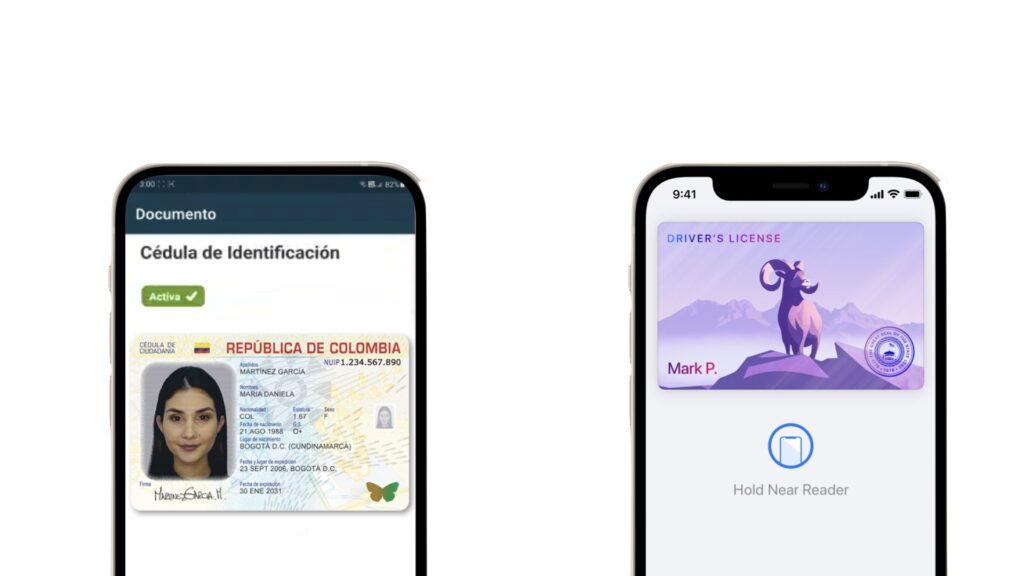samsung
Time: globisoftware
On: Jan/07/2023
Category: Huawei iphone samsung Digital life
Tags: Do all unlocked Samsung phones work in China?
In the last few days, several of my family and friends have completed the process to obtain the new digital ID that the National Registry of Civil Status launched in Colombia a few months ago (I already have mine). The process is relatively simple and fast (well, almost all because the biometric verification in the application is very -OK!- complex and not very intuitive).
At the same time, and with the arrival of iOS 15, Apple announced that it is working with 8 state governments in the United States to include digital versions of citizens' identity documents in the wallet application in such a way that they can be used to pass through the security filters of airports within the American union.
The Colombian digital ID (left) and the implementation of ID Cards in the iOS 15 wallet application (right)
In both cases the justification behind the implementations is the same: convenience.
And they're right. The cell phone has become the most important device for the vast majority of people, an extension of our being that has literally turned us into cyborgs (read this article to understand my comment) and that we always carry with us. If the smartphone has already replaced dozens of other devices; Why not replace the old and insecure identity documents?

The idea is that when you have to present your identity document, the authority that is demanding it can make a quick validation of it, no longer looking at the graphic representation of the document, but consulting the database in real time of the authority that issued it to validate if it is real or false. For this you do not have to give your cell phone to anyone. In the case of Apple's implementation, your iPhone sends the information in encrypted form to the TSA reader. In the case of Colombia, the digital document is intended to be read by a QR code reader.
The problem comes when we mix people's little knowledge of how their cell phones work and how these applications work with the malice of those who want to take advantage of said ignorance and we get into a field as delicate as that of privacy. And I'm talking about privacy because not only is your digital document on your phone, but also all your information; there is your life
Today, no police officer in the world (well, maybe China, Iran and North Korea will be the exception) has the authority to force you to unlock your smartphone. Not without a court order. But when your document is only on your phone and the policeman asks for it, 90% of users will unlock the device and hand it over to the policeman, who will have a way to look beyond the Registry application or the wallet where it is stored. The document. You will be giving the agent access to your information.
That is why I want to make an important recommendation: except in the cases in which you must send your ID or whoever is asking for it has a reader with which they can validate the information that the application brings, do not use the digital version of the document. When you complete the process, the Registrar's Office gives you a new plastic. In cases where a police officer, a person at a building reception or someone else asks for your identity document, continue to hand over and show the plastic. But don't give them access to your unlocked device, because it puts your privacy at risk.
